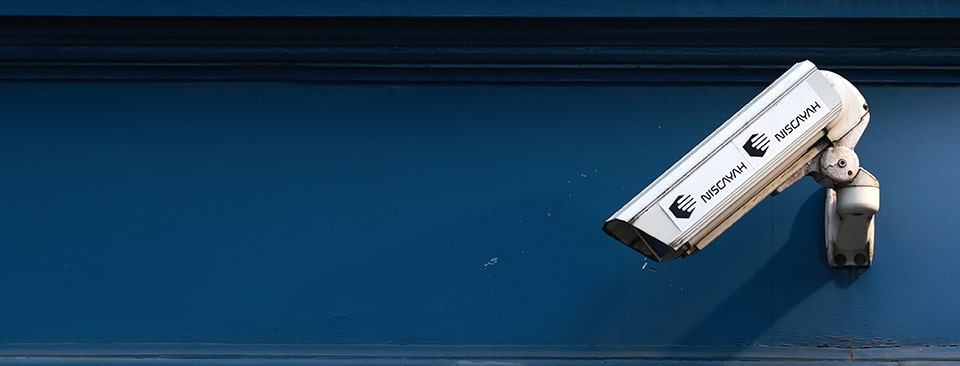
Objections to CCTV failing, MHC event hears
A webinar on legal trends in prosecutions has heard that the courts have “largely dismissed” many arguments against the admission of CCTV evidence in recent years.
Barrister Tony McGillicuddy SC was speaking at an event hosted by Mason Hayes & Curran LLP (26 February) that looked at how recent trends could affect regulatory compliance, investigative strategies, and policy-making decisions.
McGillicuddy told the event that the Supreme Court had decided some years ago that CCTV evidence was not hearsay and could be shown to a jury, but he added that objections to such evidence could still be brought.
Public places
He said that the main challenges brought by defendants were based on grounds of privacy and data protection.
The barrister cited cases where objections had been brought to CCTV footage gathered from public places on the grounds of privacy.
There had also been challenges, he said, based on arguments that footage gathered from homes or premises that were not registered with the Data Protection Commission as having CCTV were a breach of the Data Protection Act 2018.
Citing a Court of Appeal judgment in DPP v Anghel last year, McGillicuddy said that the court had found in this case that privacy and data protection were not good grounds for objecting to CCTV evidence.
He said that the courts had found that a defendant could not have a reasonable expectation of privacy if the alleged activity captured on CCTV related to criminal acts.
‘Issues of fact’
The barrister also referred to what he described as a “trenchant” judgment by Mr Justice Peter Charleton in the Court of Appeal last year, when the court overturned a High Court ruling that excluded evidence on the garda identification of a suspect.
Mr Justice Charleton ruled that such arguments were issues of fact, not issues of law, and should be determined by a jury.
McGillicuddy urged attendees relying on CCTV footage to ensure that it was gathered from relevant places, adding that records of where it was taken from should be kept, and timings checked.
Certificate evidence
The barrister also spoke about recent developments in certificate evidence, saying that courts were “always very careful” about such evidence, which can be used in place of oral evidence.
He pointed out that items of evidence seized by gardaí or regulators may go through “a number of hands” before a trial, adding that the person who initially seized the item should be available to give oral evidence.
The barrister added that the law made provision for certificate evidence to be provided for the receipt, handling, transmission, examination, or analysis of evidence.
He added, however, that such evidence was only useful “if you come within the terms of the legislation”.
McGillicuddy said that the High Court had ruled that challenges to such evidence should be brought when it was introduced, and not at the end of a case.
Poor Box reform expected
The webinar also heard from MHC partner Fiona McNulty (health and prosecutions), who spoke about sentencing options available to judges in the District Court for regulatory prosecutions.
Among the formal options were a fine upon conviction (up to a maximum of €5,000).
McNulty said that judges could also impose custodial sentences of up to 12 months per offence, but she added that these were rare – and often suspended.
She told the event that judges could also ask for contributions to the courts’ Poor Box, which meant that a prosecution was struck out.
McNulty said that there had been “much debate” about this, adding that she expected some reform or phasing out of the Poor Box in the years to come.